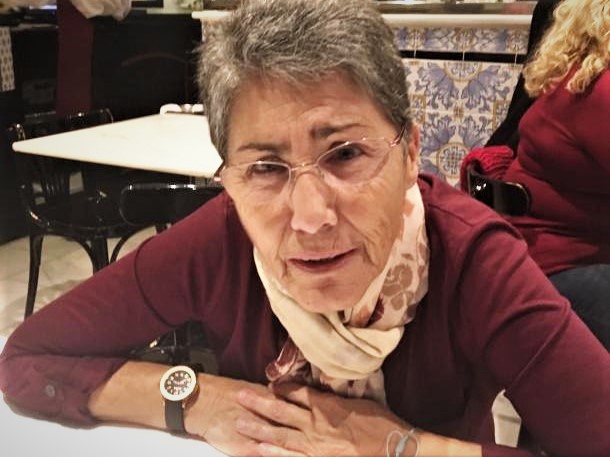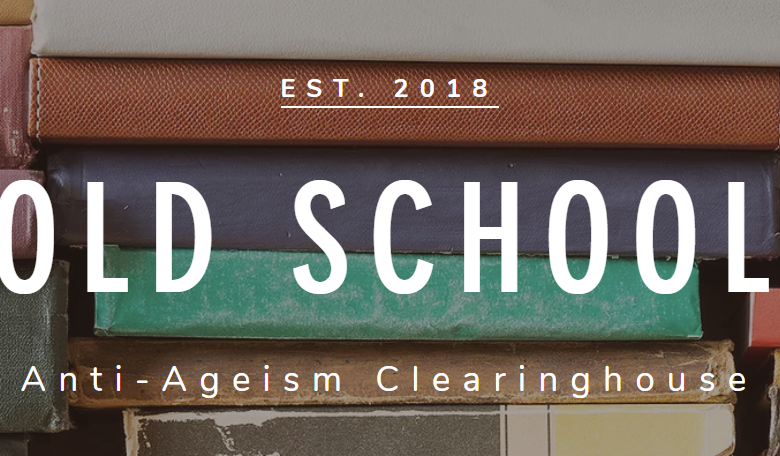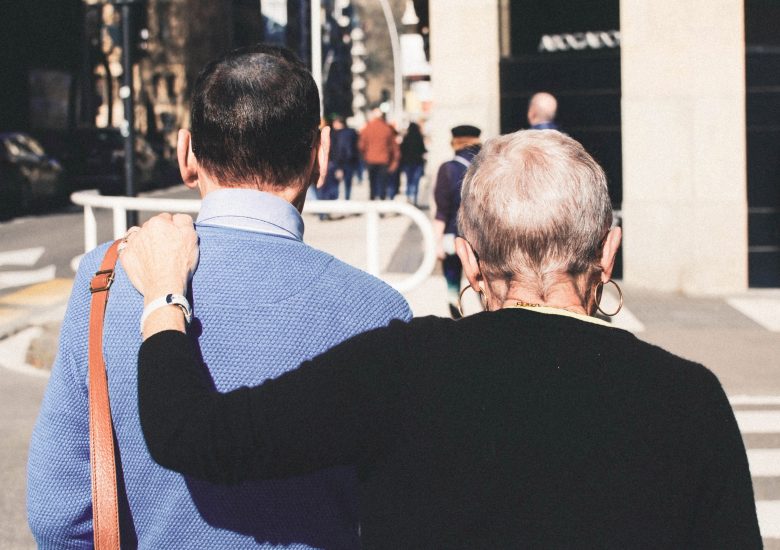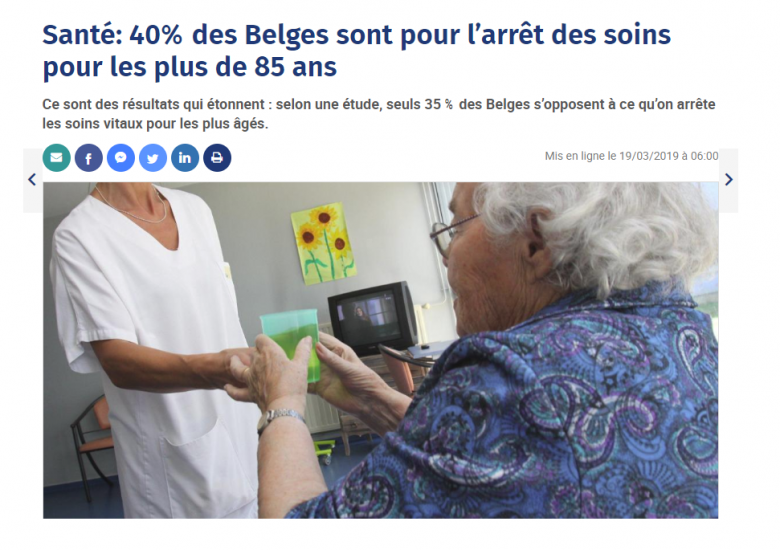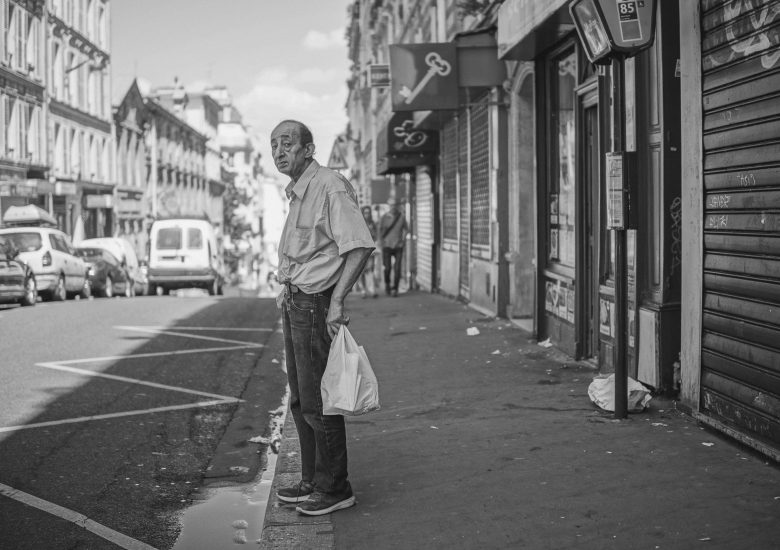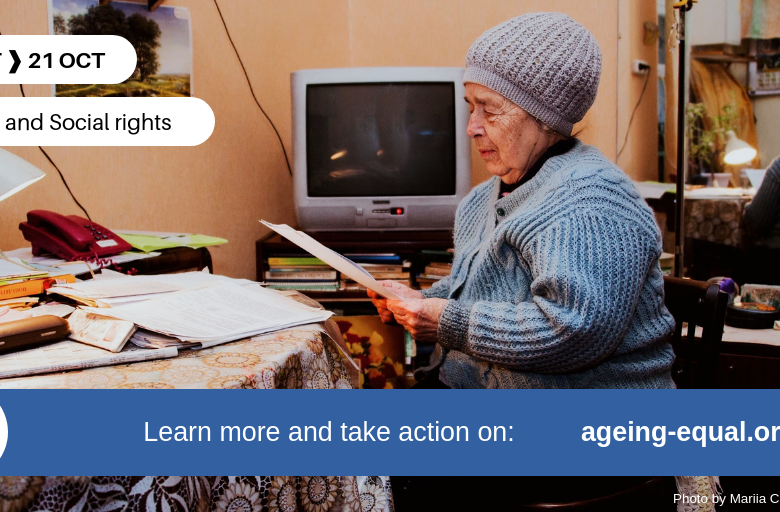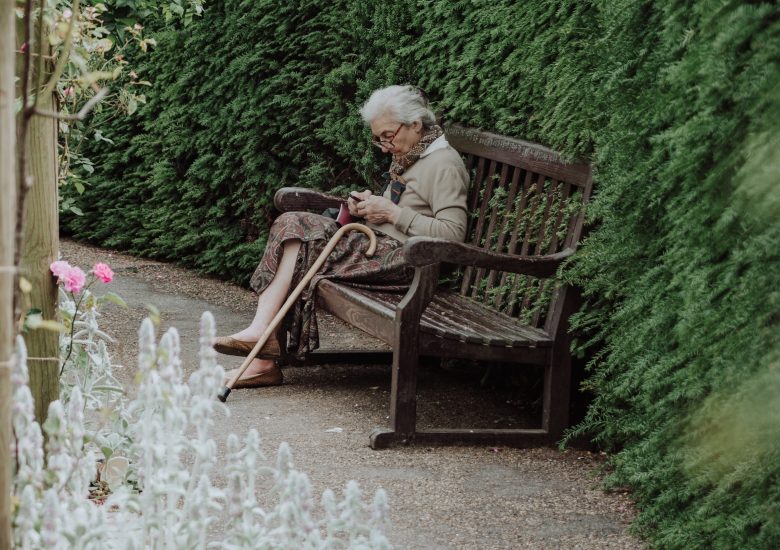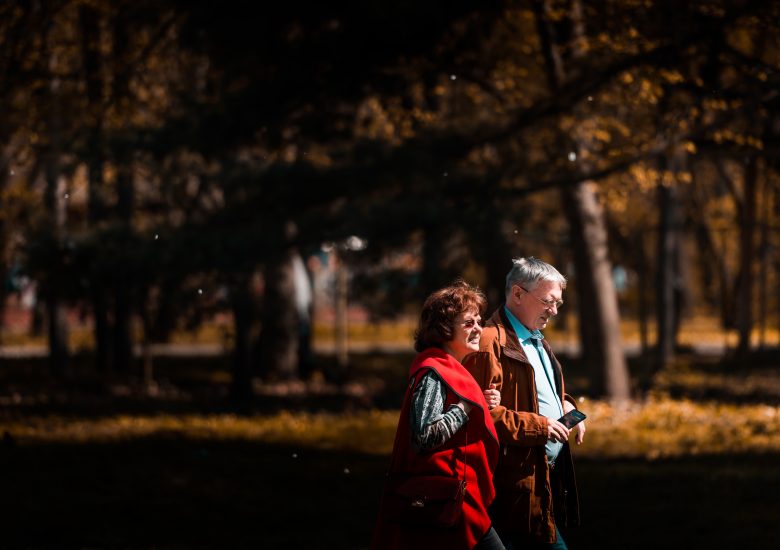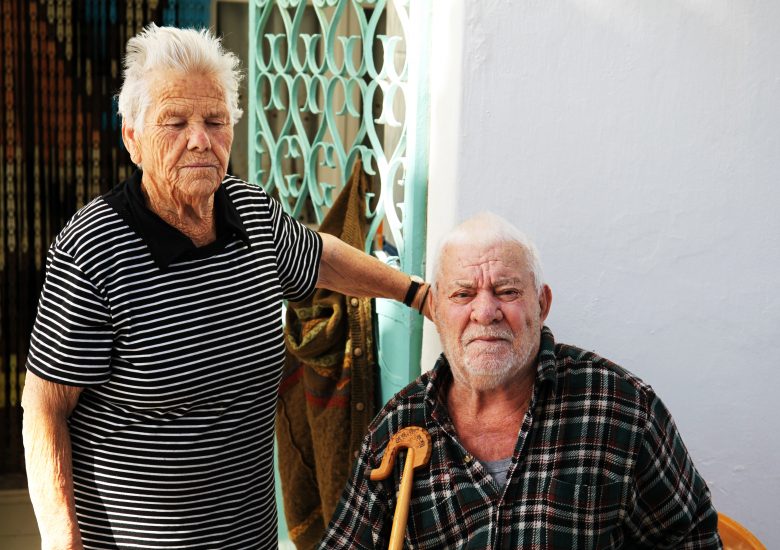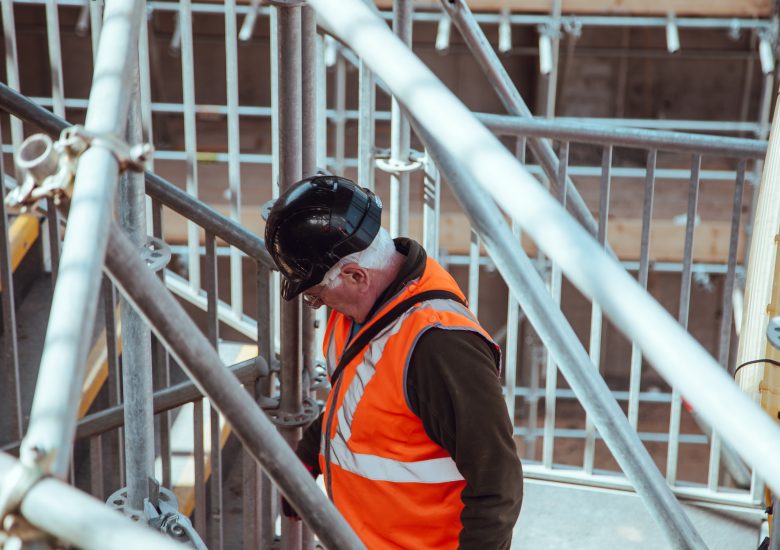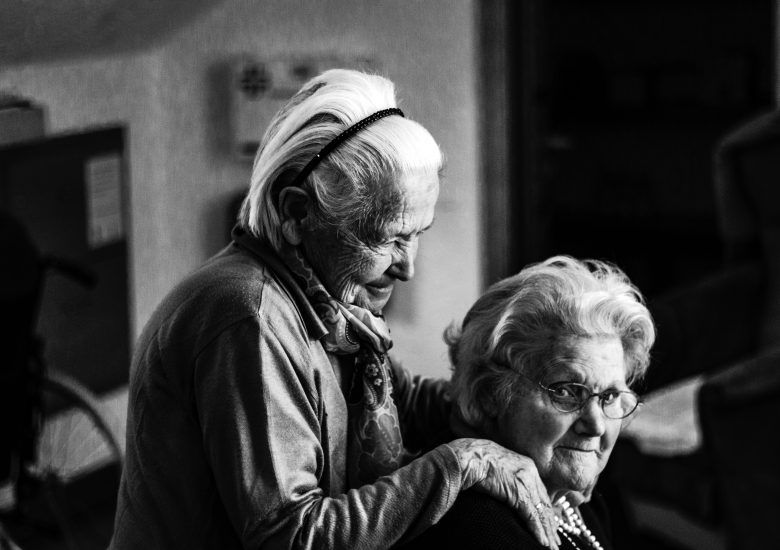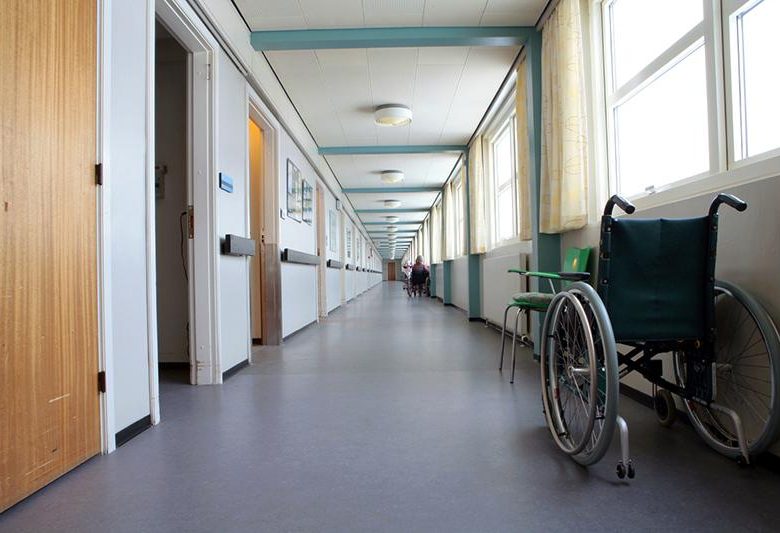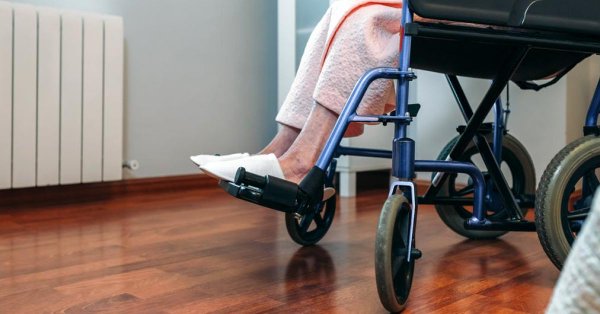Social rights include the human right to work, the right to an adequate standard of living (incl. food, clothing and housing), the right to physical and mental health, to social security, and the right to education.
The Universal Declaration of Human Rights recalls that access to social rights is indispensable in order to ensure people’s dignity and the free development of everyone’s personality. Yet, due to ageism many older people are not treated equally in these aspects of their lives.
Older people have relatively low employment rates compared to other age groups. Although pension ages are rising, mandatory retirement ages still apply and many older people face age discrimination when they try to find a new job. Older women face an even bigger disadvantage, as they have fewer opportunities to access employment.
Opportunities for participation in education and lifelong learning in older age are also largely missing, as such initiatives often include age limits. This creates a vicious circle of unemployment and also does not allow older people to benefit from learning new skills and contribute to society.
Older people are also often excluded from health treatments, preventive screening, rehabilitation or receive far less assistance and support when they acquire a disability or need care. Similarly, family caregivers, in their majority older women, lack training and support to cope with the challenges of care-giving and to continue working and as a result they are at higher risk of poverty and have more mental health problems.
Many older people face barriers in securing their right to affordable, accessible and suitable housing. They may be forced to leave their homes in the context of rapid urbanisation or because they cannot receive care in their own homes. They often lack financial support and cannot access loans to adapt their houses to their changing needs. They may even be segregated in neighbourhoods without access to necessary services, to places where they can practice their religion or culture and meet with peers or other generations.
Especially during the crisis older people have been widely portrayed as a burden to economy and to younger generations. According to a Eurobarometer survey they are the group that has suffered the most from reforms and budget cuts.
This theme touches upon ageism and social rights. Read the blog posts of our partners, testimonies, and add your voice by using the hashtag #AgeingEqual or submit your own stories online.
“For older persons who lose their job often it is difficult to get an employment elsewhere. Younger people who have knowledge of new technologies are preferred.”
AGE Platform Europe member, Belgium
“She said I was blind, so it didn’t matter if the sink wasn’t clean. If I can’t trust the agency to choose decent support workers and I can’t see or hear to choose them myself, what do I do?”
Mary, 88
Ageism is particularly prevalent in health and long-term care systems. Research has shown that older people are less likely to receive optimal or expensive treatment, more likely to be subjected to paternalistic behaviour that limits their autonomy and more likely to be approached using ‘elder talk’.
In 2012 a study from Belgium showed that almost 40% of the people in Flanders were convinced that people beyond the age of 85 were not worthy of expensive medical treatment.
The decisions of medical professionals “may not always be made on the basis of a comprehensive and objective assessment, but on a series of assumptions about fitness in older age. This could be due to outdated perceptions of how demanding a treatment regime may be, or a lack of awareness about demographic changes and the increasing fitness of older people.”
Accessing all Ages: Assessing the Impact of Age on Access to Surgical Treatment
Several health interventions and preventive screening are not offered to people beyond a certain age. In some countries older people do not receive the same level of financial assistance to access health services. Older people may also be excluded from clinical trials and are more likely to be prescribed multiple drugs (a condition known as polypharmacy) without considering the effect this has on their health and well-being.
“While the single most important risk factor for the development of cancer is age, improvements in survival rates have been less pronounced for older women. It is unclear why this is the case, but there is multiple and widespread evidence of a reduction in the investigation, management and treatment of cancers more generally with the increasing age of the patient”.
Due to negative attitudes towards older people there is also far less investment in related services and a shortage of health and social care workers.



